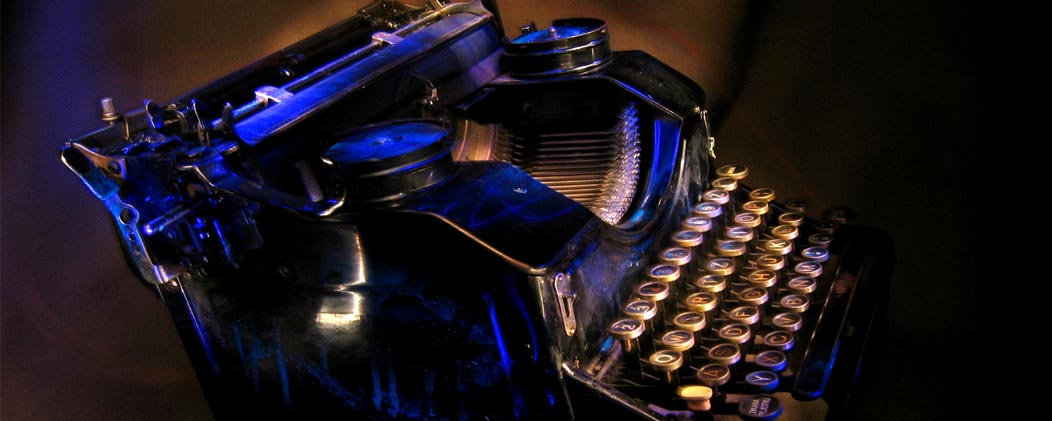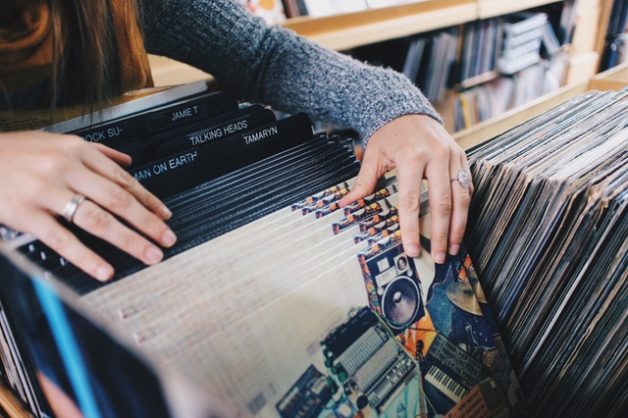“The prevailing trend of our time, it seems, is a disburdening of the past.” So states author Amanda Petrusich in her article in The New Yorker about why record stores mattered. Her piece was prompted by the closure of a beloved neighborhood record shop, “Other Music” which lived its life in New York’s scrappy East Village.
As time moves relentlessly forward, many relics of the past can be found hanging onto their place in society by ever-thinning strands, constantly in danger of breaking. Only later to be passionately revered in delicious waves of nostalgia ingested and savored like comfort food.
Music is a good barometer with which to gauge the pace of cultural change. As we dispense with outmoded musical notions and category distinctions, dividing music into “record bin” style categories is no longer necessary. Genre affiliation has blurred to the point where it’s not all that surprising to see Radiohead, Beyoncé and Beethoven in the same playlist. What is considered “good” music is not only up for debate, but arguing the point is increasingly becoming less important.
Yet there was something endlessly fascinating and wondrously compelling about a trip to the local record store. The sheer variety of sounds and styles saw a mix of hipsters, teenyboppers, folkies, rockers, funkateers, jazzers, and snooty intellectuals––all sharing the rapture to be found in whatever type of music captivated them.
Most people who opted to work as record shop employees were lovers of the art; aficionados who could suggest anything from jugband music to rhythm & blues, from hip hop to classical, from rap to avant-garde electronica. They knew the quirks and idiosyncrasies of various artists, the best cover-version of a particular song, and could even suggest which label had the best sounding vinyl pressings.
In the sea of traditional record retailing Other Music was an exceptional island. It was not like Tower Records or Virgin Megastore (it outlasted both). It’s eclectic selection of niche musical gems never failed to open the eyes (and ears) of any browsing customer. The uncommon and extraordinary could be found in every aisle, in every rack, in every bin. Talking with the ever-knowledgable clerks would bring new insights, new revelations.
Apart from losing these physical representations of musical art, the closing of Other Music speaks of a more tangible aspect of our new world.
Today most people purchase their music online. Any questions concerning the music are usually addressed through a swift consultation with one’s cell phone. No longer it is necessary to walk into a store that sells physical media. But also gone is engaging in a spark of unexpected, spontaneous conversation with a fellow music enthusiast about some new sounds that might be worth checking out.
I can’t help feeling that we’ve lost something here; as the ritual of physically obtaining music from those that truly love it…is slowly disappearing.


